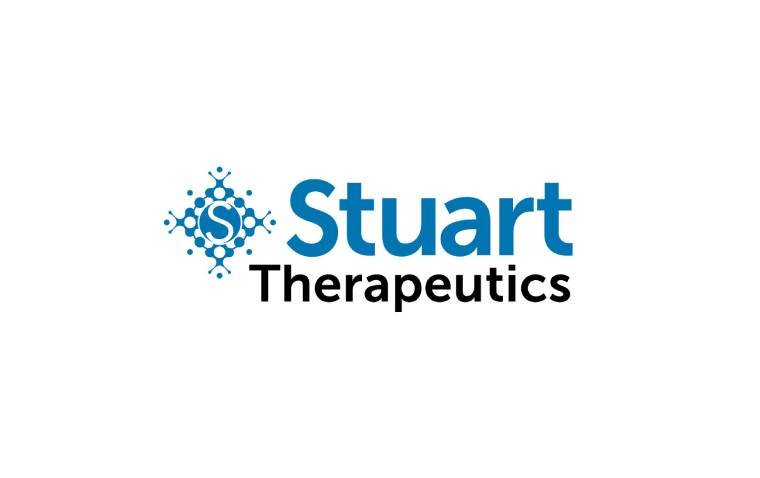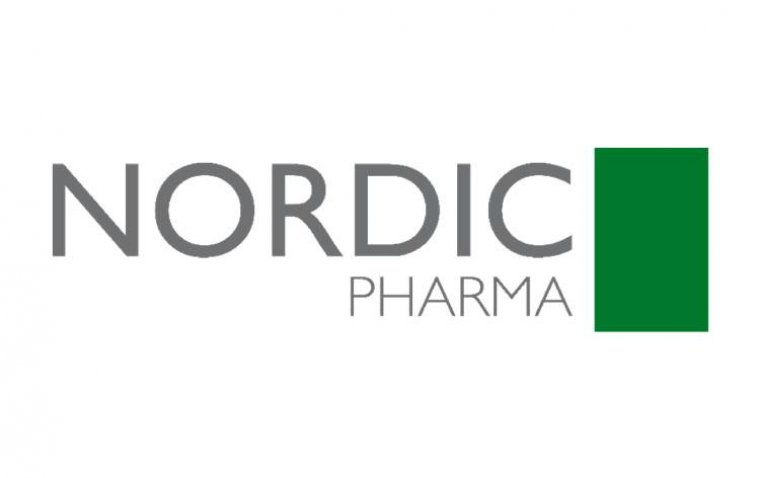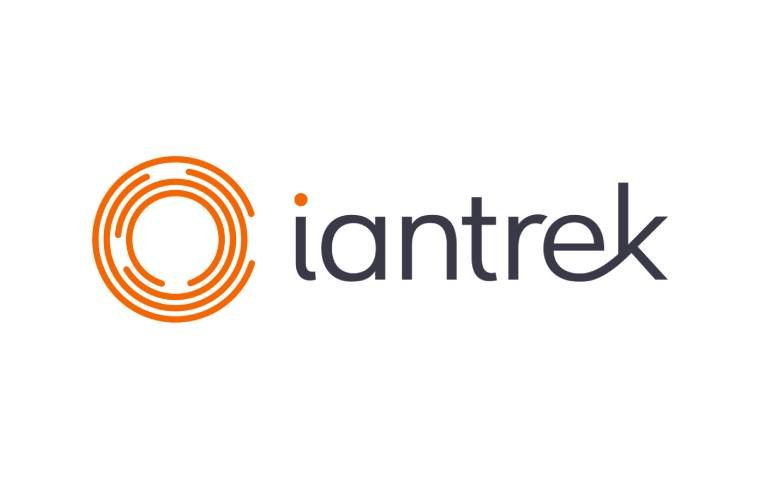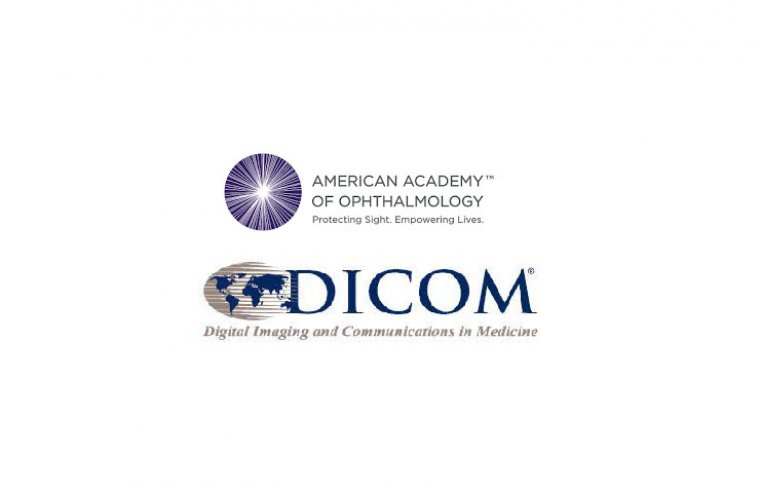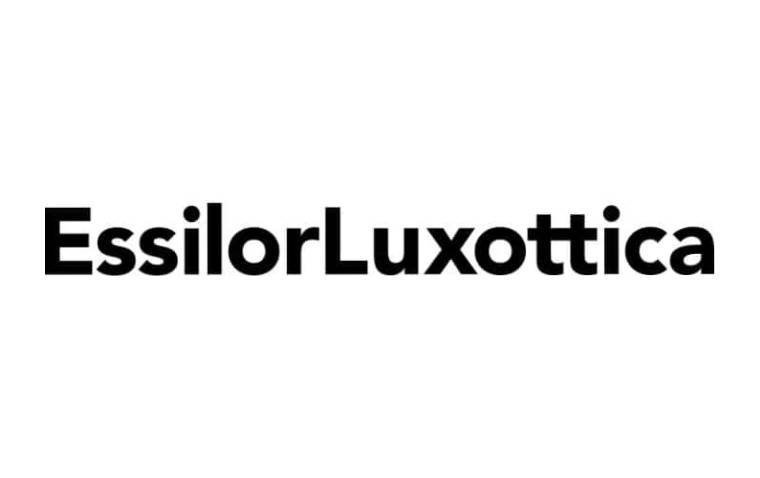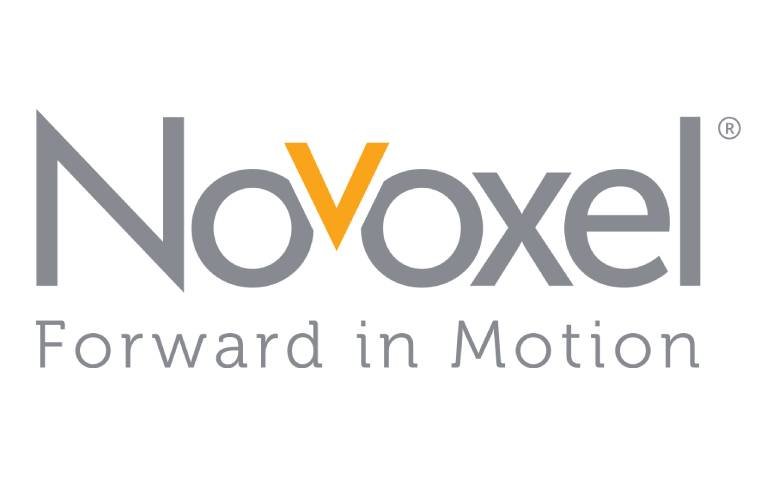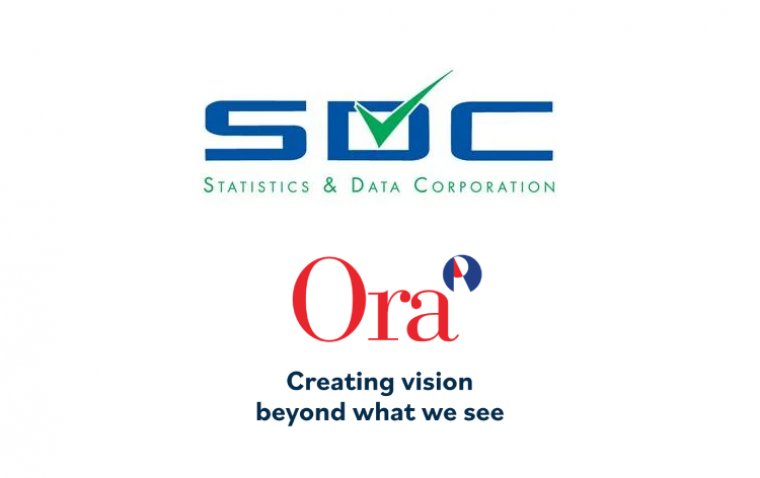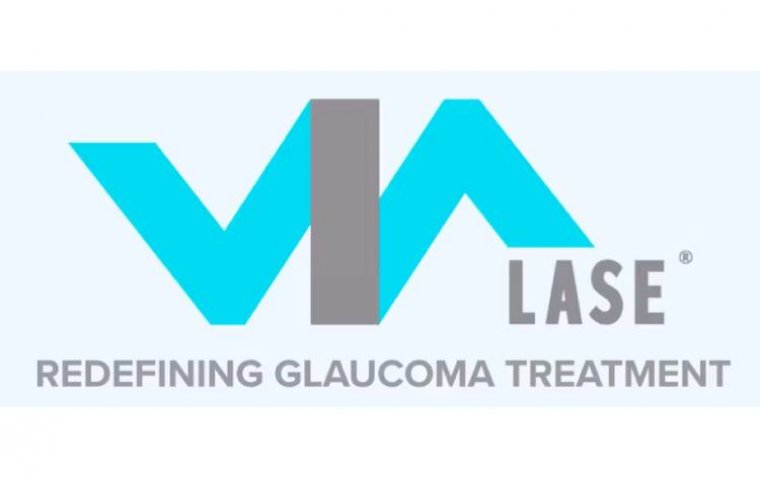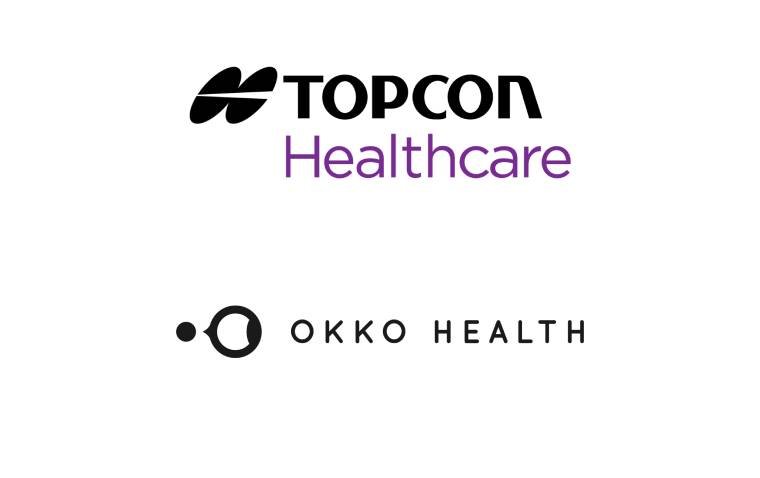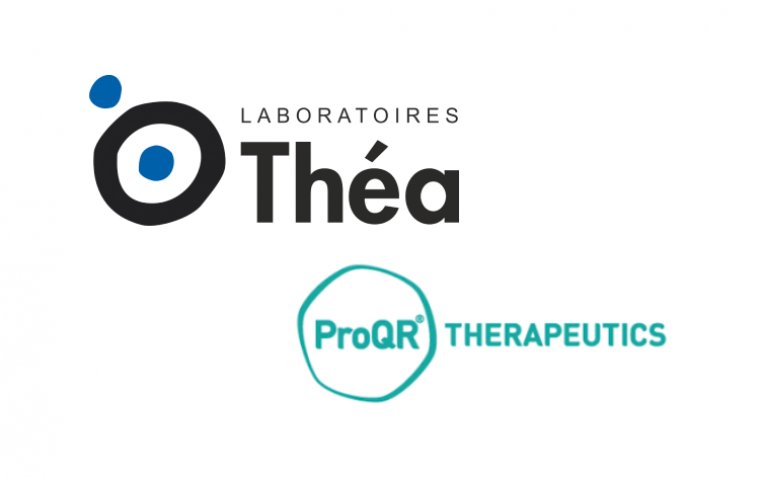
Laboratoires Théa Acquires Sepofarsen and Ultevursen from ProQR Therapeutics
ProQR Therapeutics and Laboratoires Théa have reached an agreement through which ProQR will transfer its advanced ophthalmic assets, sepofarsen and ultevursen, to Théa.
Under the terms of the agreement, ProQR will secure an initial payment totaling €12.5 million ($13.7 million). Moreover, the company stands to gain potential payments of up to €135 million ($148 million) contingent upon the progression of development, regulatory milestones, and commercial achievements. Additional earn-outs, scaling up to a percentage in the high teens, will also be feasible based on the commercial sales achieved in the United States and the European Union.
Théa's Expertise and Future Collaboration
“Théa’s proven expertise in the research, development, and commercialization of eye care products makes them the ideal company to continue the development of sepofarsen and ultevursen for patients with rare genetic eye diseases,” Daniel A. de Boer, Founder and Chief Executive Officer of ProQR, said in a company news release. “We look forward to continuing to advance our Axiomer RNA editing platform, with an initial focus on targets for cholestatic and cardiovascular diseases, as we seek to develop a new class of therapies for patients with high unmet need.”
Sepofarsen (QR-110) represents an experimental RNA therapy with the purpose of reinstating vision in cases of Leber congenital amaurosis 10, attributed to the c.2991+1655A>G mutation (p.Cys998X) within the CEP290 gene. The mode of administration involves intravitreal injections into the eye. Notably, it has acquired orphan drug designation in both the United States and the European Union. Furthermore, it has garnered fast-track designation and rare pediatric disease designation from the FDA, in addition to being granted access to the PRIME scheme by the EMA.
Ultevursen (previously QR-421a) is a first-in-class investigational RNA therapy, aiming to target the root cause of vision impairment in instances of Usher syndrome type 2a and non-syndromic retinitis pigmentosa resulting from mutations in exon 13 of the USH2A gene. The chosen method of administration involves intravitreal injections in the eye. Impressively, it has secured orphan drug designation in both the US and the European Union, and it has been bestowed with fast-track and rare pediatric disease designations from the FDA.
Théa is currently in the process of establishing a dedicated team focused on inherited retinal disorders, alongside a newly formed organization, as stated by Théa. Further details regarding the forthcoming stages of these initiatives will be forthcoming within the next few weeks.
The transaction is expected to conclude during the third quarter of 2023, subject to the satisfaction of certain closing conditions.
(1).jpg)
